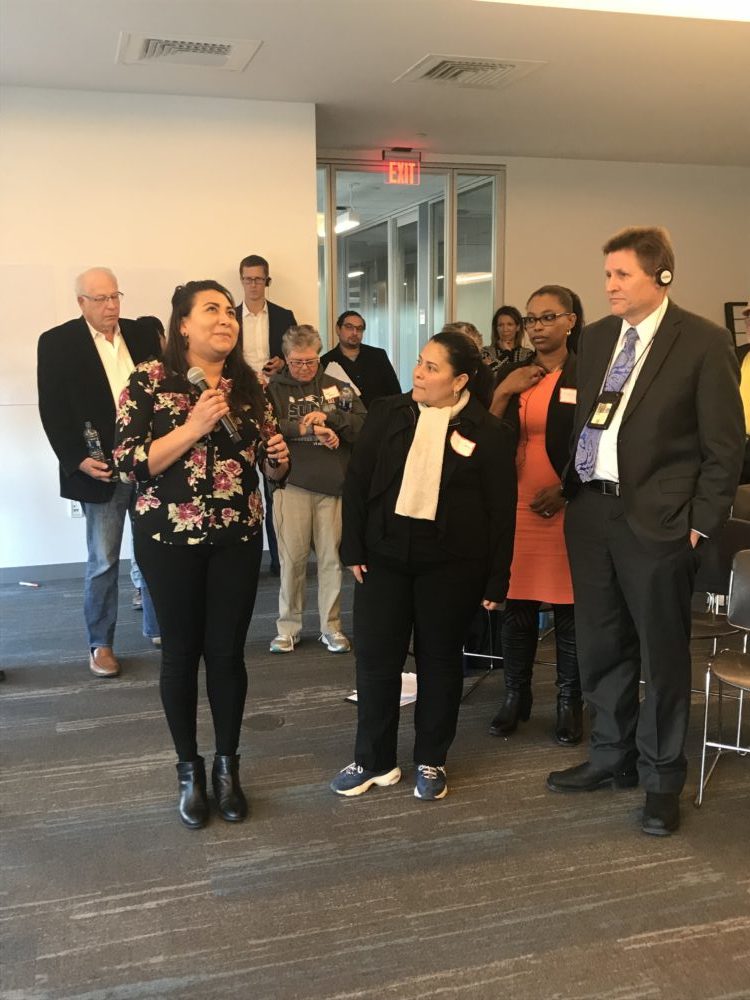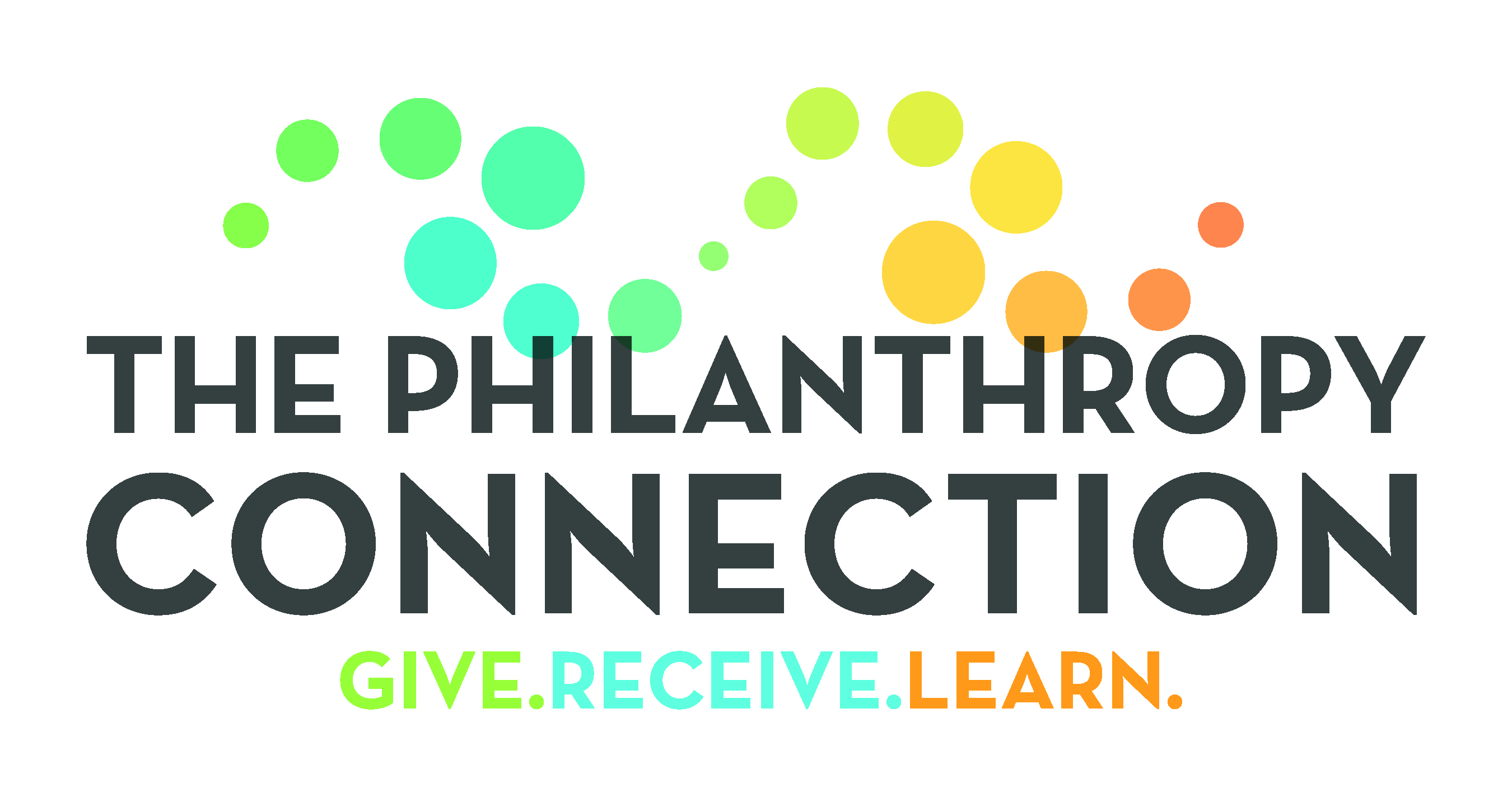The Interview with Katelyn Parady
Please describe the organization and the work you do.
 Justice at Work provides strategic legal support to immigrant worker centers and their members, especially for their campaigns to win dignity and justice on the job. We do this in a few ways. Our staff train about 200 workers and worker center staff members every year on their workplace rights and ways to assert them. We make sure worker center members access legal services. And we counsel and advise groups of workers organizing for better conditions in industries like residential construction or seafood processing.
Justice at Work provides strategic legal support to immigrant worker centers and their members, especially for their campaigns to win dignity and justice on the job. We do this in a few ways. Our staff train about 200 workers and worker center staff members every year on their workplace rights and ways to assert them. We make sure worker center members access legal services. And we counsel and advise groups of workers organizing for better conditions in industries like residential construction or seafood processing.
We get asked, “What are worker centers?” They’re community organizations and usually the first place someone in a low-paying job will go for help when something bad happens at work. Worker centers in this region do not have a lawyer on staff. That’s where we come in.
Tell us a little about yourself and how you came to work with Justice at Work.
I grew up in a mining and oil & gas town in southwest Wyoming. My dad was a health and safety manager at a mine, and one of my mother’s best friends was almost killed in a mining accident in the late ‘80s. I always had a sense of both how much work can provide and how much it can take away. As an adult I got involved in worker health and safety activism, which eventually led me to Justice at Work. Everyone deserves to be respected on the job, to be paid wages that can support his or her family, and to work without sacrificing his or her health.
What are the goals of the organization?
People who are working low-paying jobs, and the organizations they’ve created, are their own best advocates. Our goal is to be useful to them. We want to help them leverage the law and the resources of the legal community to build power.
A daily goal is also to make sure the immigrant workers and organizations we serve have the legal resources they need to assert their rights under the current climate, which is very chilling.
Can you tell us a story about how your work has impacted an individual or a family or a community?
One of our deepest partnerships is with a group of seafood workers and their worker center, Centro Comunitario de Trabajadores (CCT). In 2014, CCT’s Director Adrian Ventura called Justice at Work after meeting with scores of people working under really bad conditions at a scallop processing plant.
At first, with training from Justice at Work and CCT, the workers were able to approach management directly. They demanded an end to sexual violence and access to things like more toilets and drinking water. The company promised to improve conditions. But when several of the female workers named some supervisors as having harassed and assaulted them, the company responded by putting the men on a short paid leave and then bringing them right back to work.
At that point the women decided to take legal action. We helped them file charges with the Equal Opportunity Employment Commission (EEOC), and, just within the past month, a settlement was approved. The seafood company and the temp agency that employs many of the workers there will pay $675,000 and submit to four years of EEOC monitoring. They also must terminate the primary named harasser.

Two of the women in the case are now taking part in national conversations about ending sexual harassment in low-paying jobs. They are helping CCT support others who are dealing with the same issues. And they are still working at the fishhouse, where they report conditions have improved.
Tell us about how TPC’s grant is being used. What is the impact of TPC funding?
You gave us the resources this year to hold, for the first time, a trilingual workshop for immigrant workers who’ve been hurt on the job, the attorneys that represent them, and worker center organizers. Workers and attorneys spoke together as people, instead of as clients and service providers, tackling big questions about how immigrant workers can access their health and safety rights. It’s hard to find funding to experiment with programming – thank you! Based on feedback from participants, it was a success. We plan to hold a similar convening every year.
What else do you hope to gain from your relationship with TPC? Are there other ways that TPC members could help you?
It’s been amazing to connect with individual TPC members as volunteers and supporters. What I’d ask is that if this work moves you, call me. We want to partner with you. What is most gratifying about your work? Is there an example that stands out for you? Working-class people are challenging the exploitation that’s at the heart of the U.S. economy. I’m grateful to be in solidarity with them.
